Castilla also had its 'madmen of God', those curious hermits, in many cases of noble origin, who one day, who knows if seeing the Light like Paul on the way to Tarsus or pushed by the save who can from the Muslim invasion, decided to distribute his fortune among the poor and retreat to the most inhospitable deserts to seek God in solitude.
This would be the case of San Frutos, whose hermit life, not without spectacular miracles, made him the undisputed Patron of Segovia.
In that inhospitable, wild and yet beautiful place, where the erosion caused over countless millennia by the course of a taciturn river, made a monumental work of art known as the Hoces del Duratón, the origins of Castile began to become a powerful force. , called faith.
A faith that was maintained throughout the centuries, even after the disappearance of the Benedictine community that built an extraordinary monastery in the 12th century, today practically in ruins and lonely, if it were not for the permanent company of vultures and Egyptian vultures.
These beings, who cross their stormy skies and those who see their peace altered every October 25, when the fervent countrymen of the surrounding towns gather to celebrate a pilgrimage in honor of this saint, whose statue, present on the main portal of the Cathedral of Segovia, it is said that when he finishes turning the last page of the book that he holds in his hand - probably an allusion to the Apocalypse of Saint John - the end of the world will descend on Humanity.
The eternal and incombustible beliefs of Old Castilla.
NOTICE: Both the text and the accompanying photographs are my exclusive intellectual property and therefore are subject to my Copyright.
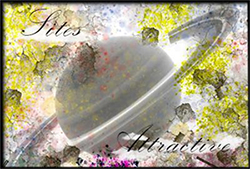
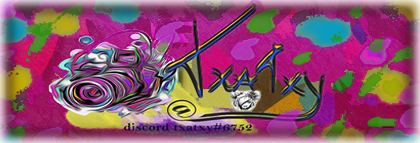

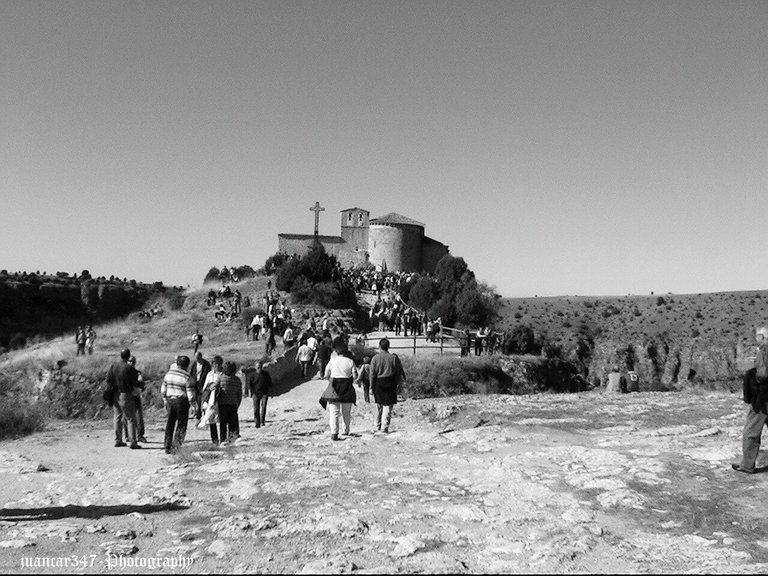
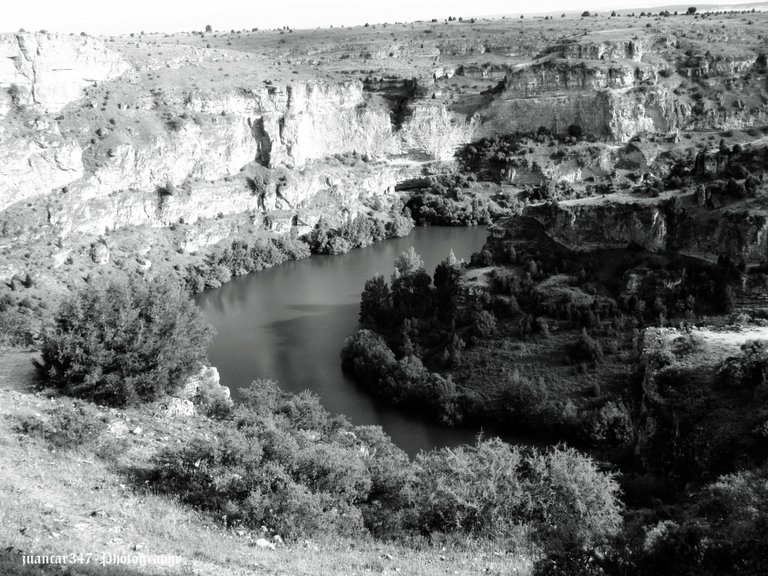
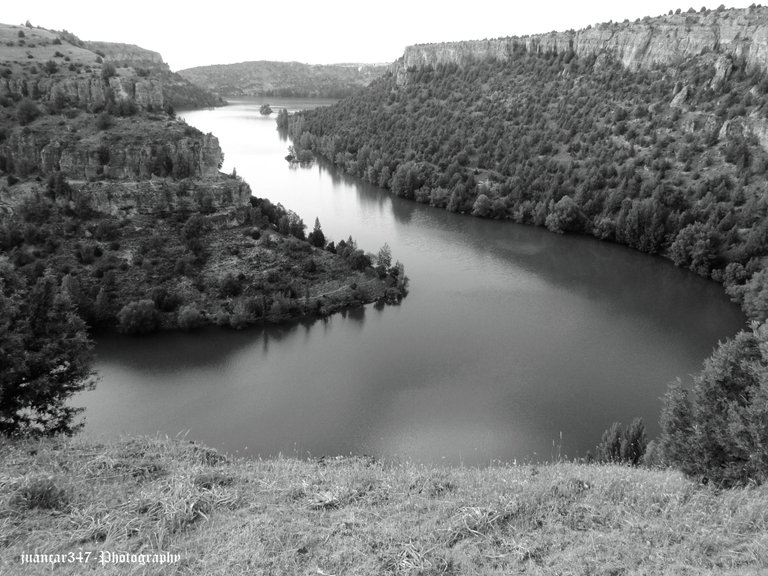
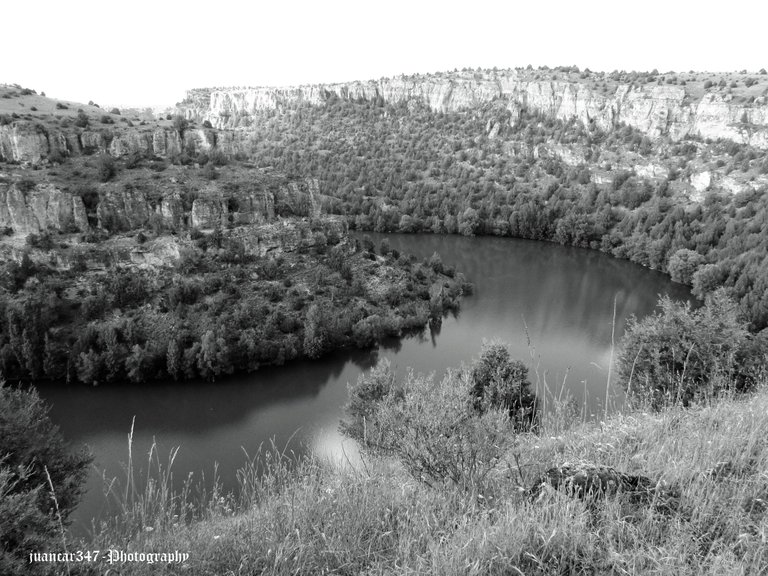
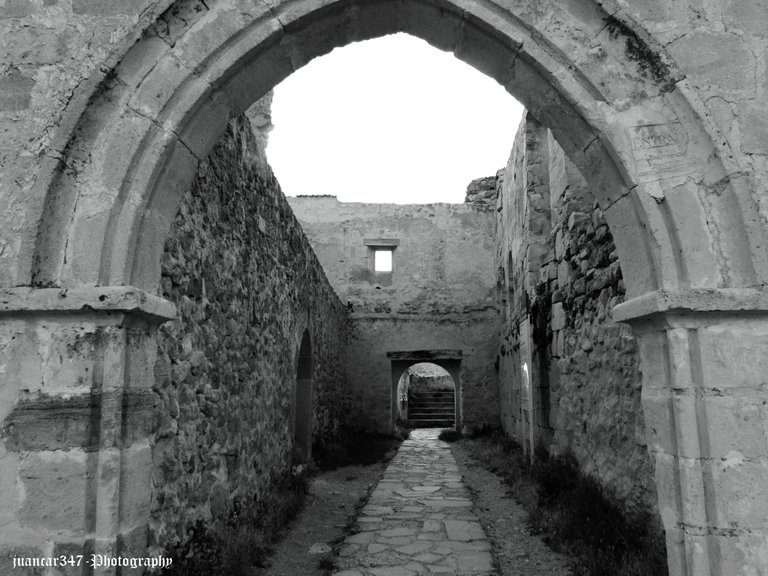
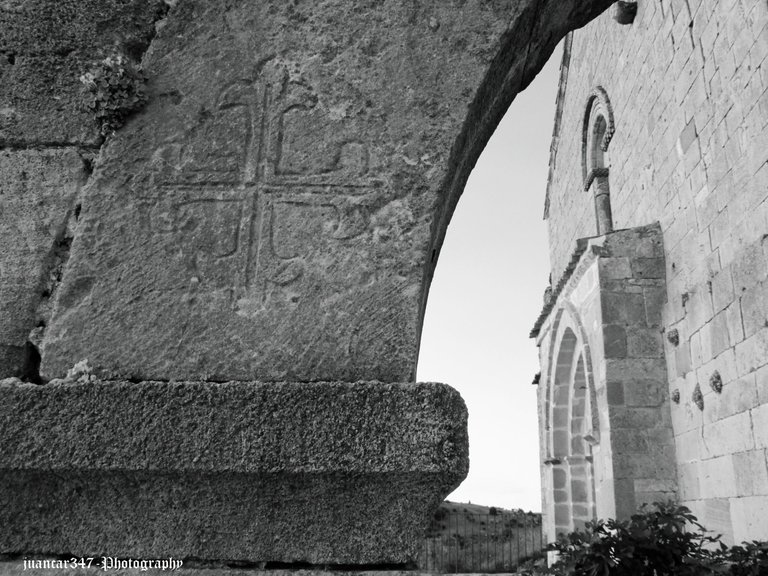
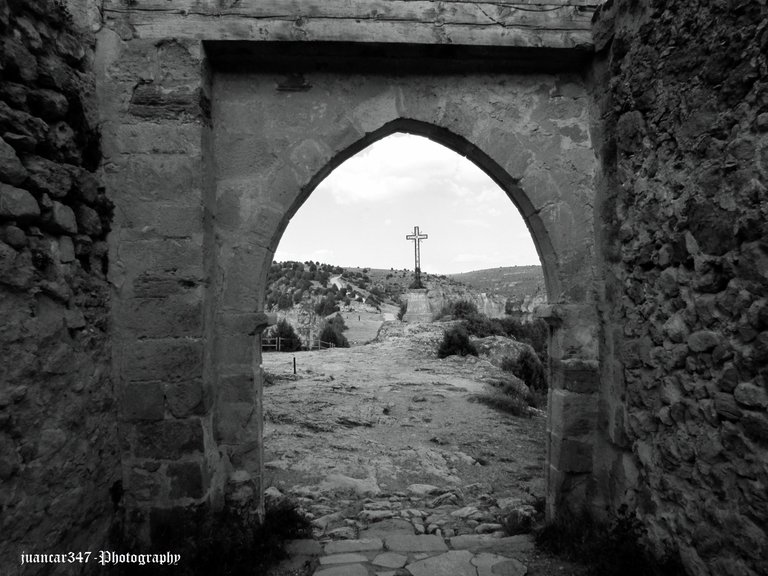
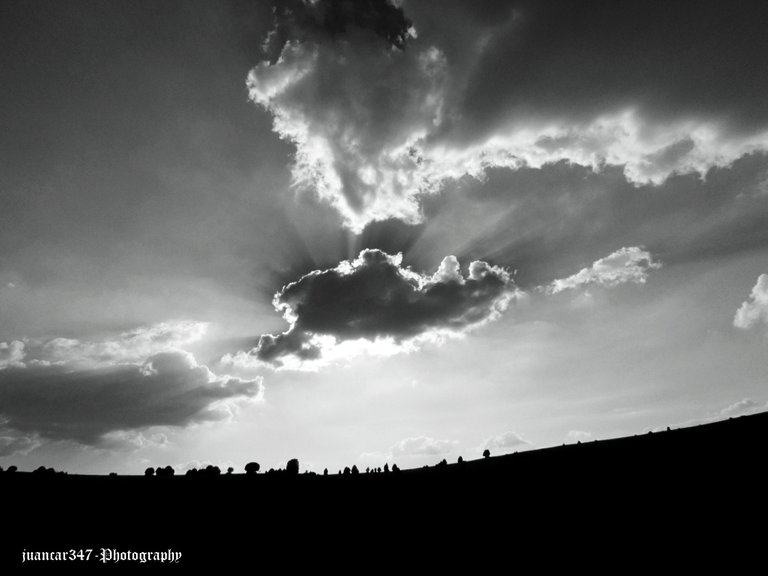

Good-morning, my friend